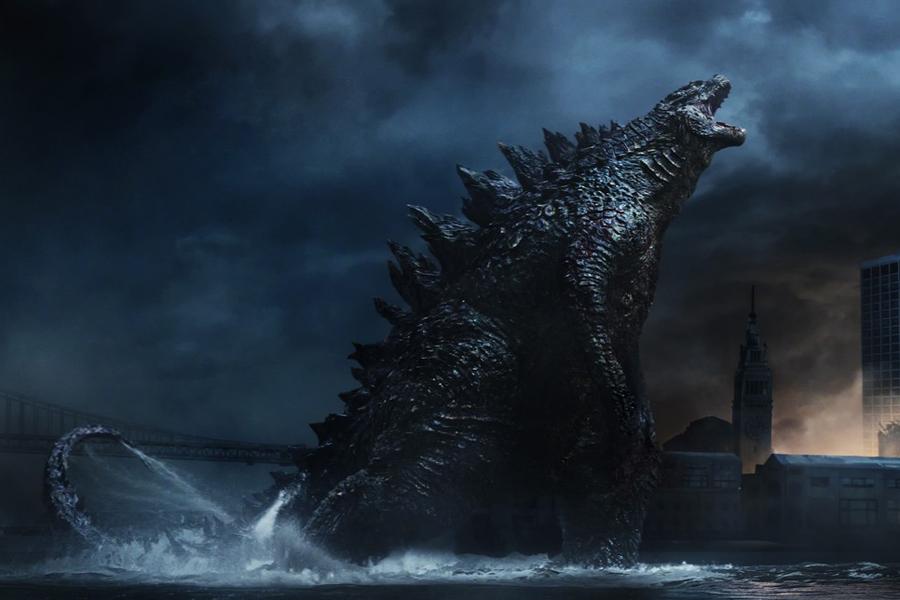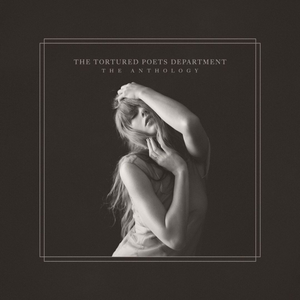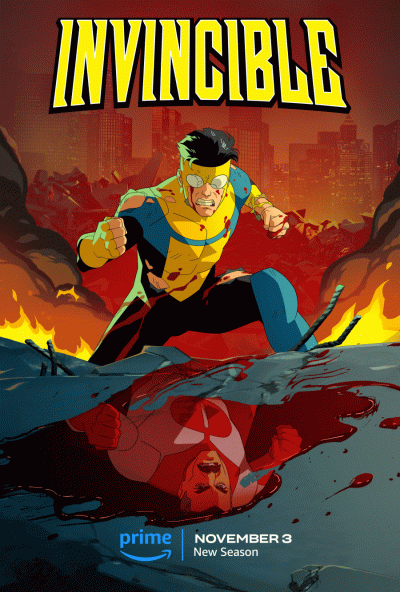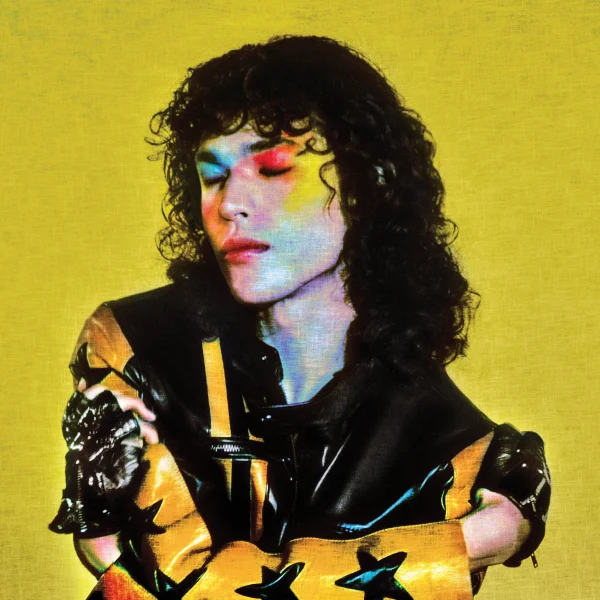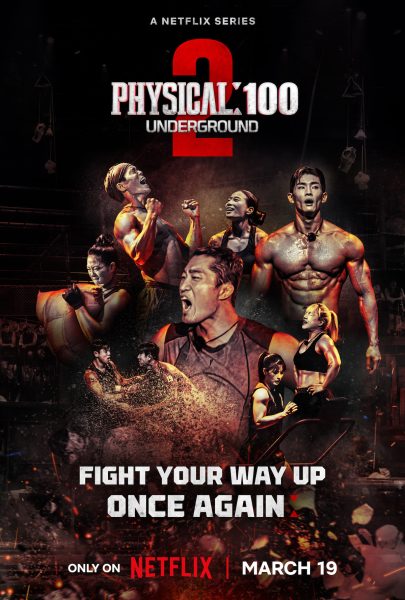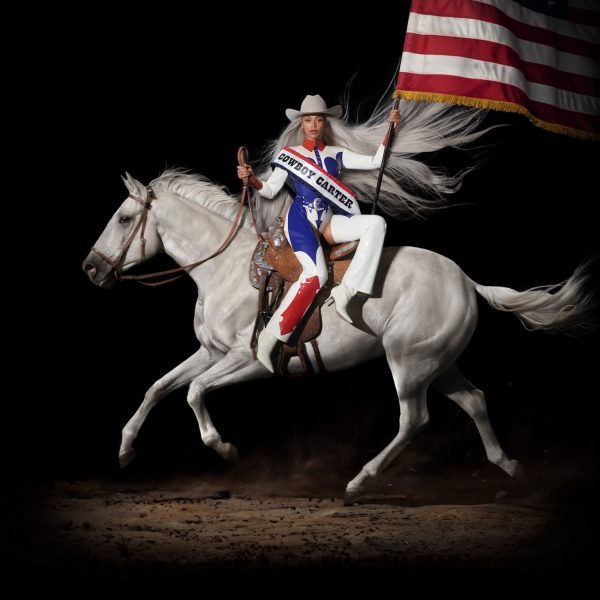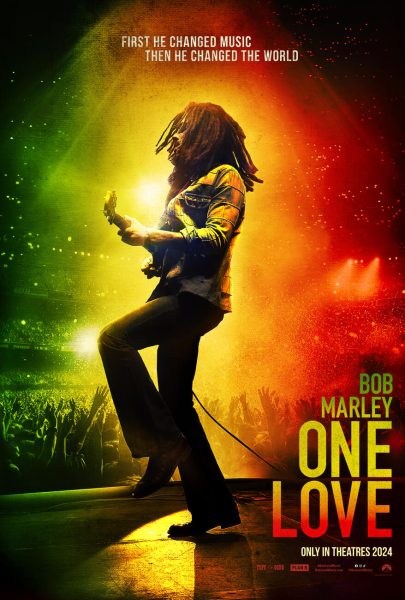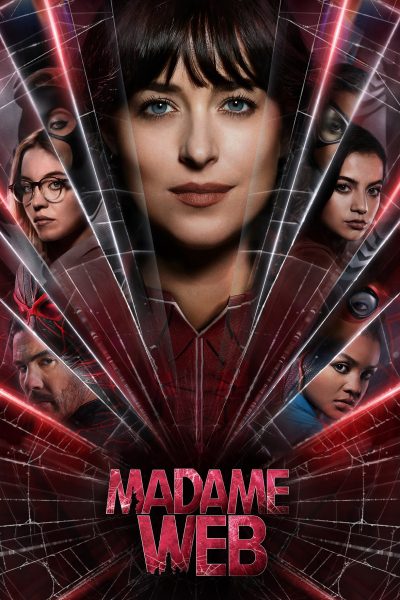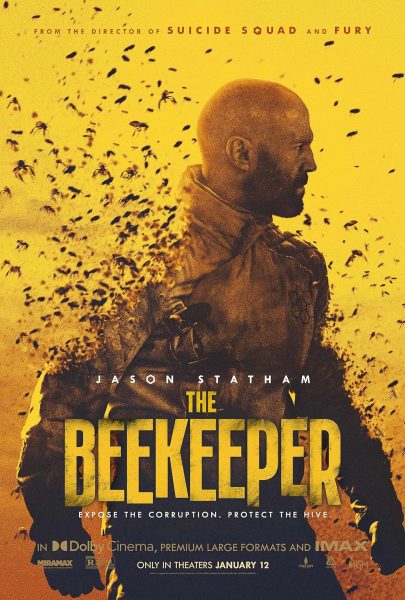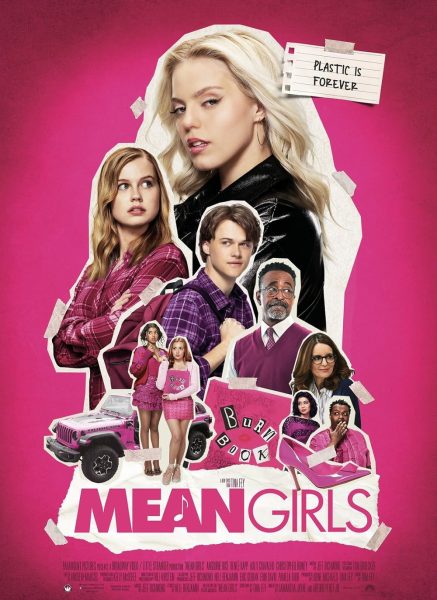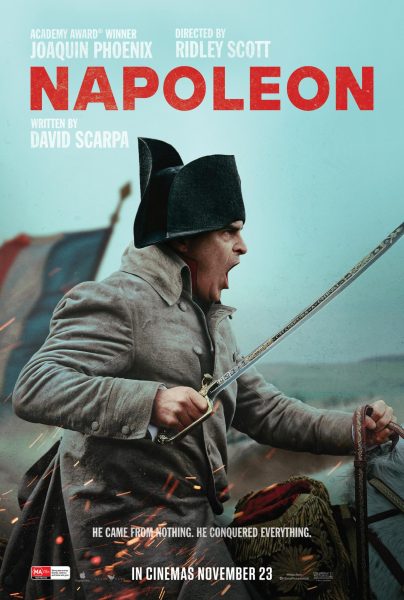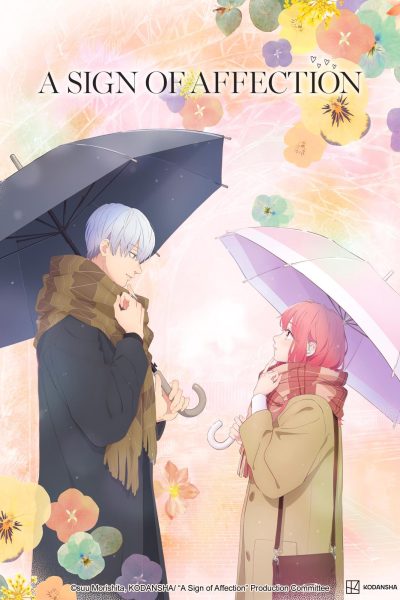Godzilla comes roaring back
Classic Japanese monster finally gets reboot he deserves
Photo courtesy of Warner Bros. and Legendary Pictures
Godzilla’s new design reminisces the 1954 original, but also has its own distinct look.
I grew up watching Godzilla movies and it truly sparked my imagination. Godzilla played a major part in my childhood and he still amazes me to this day. When I heard there was going to be another reboot to the classic franchise, I couldn’t help but feel giddy and I followed this project from day one. Unfortunately, Godzilla is underappreciated in the States, and the general population still remembers the disastrous Roland Emmerich’s “Godzilla” reboot back in 1998. Worse, the director of the new Godzilla movie, Gareth Edward, is an untested filmmaker, his only experience a micro-budget indie “Monsters.” “Godzilla” had every reason to fail but instead it triumphed and that is a remarkable thing.
The film begins with a tragic scene when Joe Brody (Bryan Cranston) loses his wife (Juliette Binoche) in a nuclear plant disaster, caused by an earthquake, or at least that’s what the government tells the world. Fifteen years after the event, we are introduced to Joe’s son, Ford Brody (Aaron-Taylor Johnson). He returns home from the army, only to get tangled up with Joe’s plan to prove the earthquakes were not natural. After finding something big and prehistoric, the film turns into an epic adventure movie.
But like all movies, “Godzilla” succeeds in some areas while it fails in others. The first act worked out perfectly, showcasing Bryan Cranston’s stellar performance. This is his first big feature film, fresh off of “Breaking Bad,” and he nails his role. I was emotionally and irrevocably invested in his character. Unfortunately, the movie drops the ball in the second act and all the human drama gets thrown out the window. Instead, we get Ford Brody, an army soldier, as our main character. There’s nothing wrong with U.S. soldiers defending America’s interests, but Aaron-Taylor Johnson’s interpretation of his character was not as interesting and motivating as Bryan Cranston’s character, and that is a big bummer because we see a lot of Aaron-Taylor Johnson, and not enough of everyone else. There are other characters that I wanted to see more of, such as Ford’s wife (Elizabeth Olsen) and a Japanese scientist (Ken Watanabe). They both give their best, even though they have little screen time.
The number one complaint that most people will make after viewing this movie is a lack of Godzilla himself. It’s understandable that some people will find this frustrating, but most “Godzilla” movies didn’t give Godzilla center stage, so I wasn’t surprised by this. Plus, director Gareth Edward wanted to pull off the suspense and tension like Steven Spielberg did with “Jaws.” Although it was done better in “Jaws,” the tension in “Godzilla” builds toward the climax and it leads to Godzilla finally showing his raw strength. It was a glorious and magnificent sight to witness, and it truly pays off in the end. Despite Godzilla’s short screen time, Godzilla was majestic to watch and it left everyone wanting more, and I think that is a positive thing.
Despite it’s annoying flaws, I noticed how much passion and care went into this project. This is not a mindless summer blockbuster designed just to make a lot of money. “Godzilla” may not get any Oscar nominations for Best Screenwriting, but it may be the best story in a “Godzilla” movie since the 1954 original. The screenplay penned by Max Borenstein is smart and solid, and is accompanied by the film’s realistic tone, formidable theming, and Gareth Edward’s superb directing. The cinematography is also mind-blowingly excellent. The movie is filmed beautifully and contains impressive shots. Both the special effects and sound departments were on their A-game. From an airplane explosion to a crumbling building, the sound of flying military jets to Godzilla’s booming roar – all are mixed beautifully. I also have to give credit to the soundtrack composer, Alexandre Desplat. Although Akira Ifukube’s iconic theme from the 1954 original is nowhere to be heard, Desplat showcases his craft by using brass instruments and bass drums. This really helped sell the despairing mood of “Godzilla.”
By the time this review gets published, “Godzilla” will have already grossed over $200 million worldwide and not a sequel, but a trilogy, will have the green light and with Gareth Edward in the package deal. On top of that, he was also hired to direct a stand-alone “Star Wars” spin-off. This is absolutely remarkable for a filmmaker who only directed a low budget indie film before having a big name in Hollywood. He has a successful career, and I seriously cannot wait to see what he comes up with in the future. As for the next “Godzilla” movie, I want it to blow this one out of the water. The new “Godzilla” has not only set the bar high for future installments, but also for giant monster movies in general.
A-



